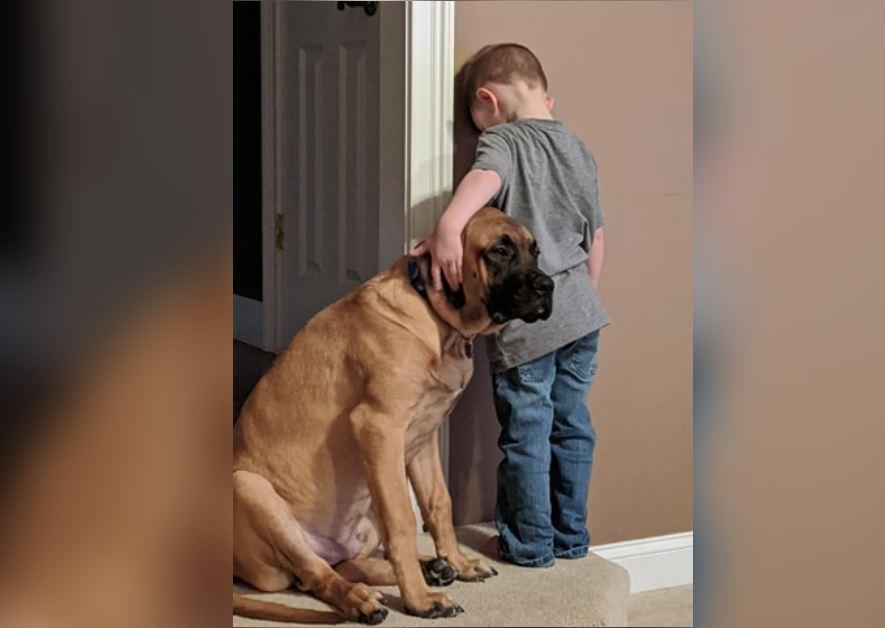Most people understand they will have to deal with a few behavior problems while raising a puppy. However, not as many people realize that senior-aged dogs can present similar challenges. The difference is puppies may not understand rules and have to be taught what is expected of them. Older dogs can understand your rules and not be able to follow them,
Separation anxiety
One common behavior problem in older dogs is separation anxiety. An older dog can sense when his master is preparing to leave the house and will often turn disruptive in response to this. The dog may bark and act out in a destructive manner. He or she may also use the potty in places they know they shouldn’t. Dogs with separation anxiety can often only be calmed with the return of their master.
One possible solution to this problem is to remain conscious of your departure cues and switch them up from time to time. You might also try associating your departure with a treat or other good thing.
Aggression
You may notice your older dog beginning to show more aggression in situations that do not necessarily call for such a reaction. This aggression can be the result of a medical condition that is causing the dog pain. It is also possible your dog is being startled because he or she is suffering from vision or hearing problems. Other causes for aggression in older dogs include lack of mobility and a disease that affects the nervous system.
Identifying the factors that instigate your dog’s aggression and treating them as best you can is the answer to this aggression.
Improper potty usage
Older dogs who have had no problems using the potty as instructed for years can suddenly begin to have accidents around the house. This problem is no different than other problems with older dogs in that there can be a number of possible causes. Medical conditions like inflammatory bowel disease, bladder stones, prostate inflammation, and others can all contribute to this problem. Treating these medical issues can possibly restore your dog to his or her natural potty activities.
More vocal
Barking, howling, and whining are possible ways an older dog will choose to demonstrate their stress. The reasons for this behavior are many and can include a call for attention, request for aid, or simple anger. You should find the cause of the increased vocalization and address the issue unless it is a call for attention. In this case, the dog should be ignored to avoid encouraging the behavior.
Insomnia
Some older dogs may have trouble sleeping at night. You may hear them pacing the floor at night and vocalizing their discontent. Pain, urination problems, and changes in appetite are all possible reasons for these problems. Addressing medical concerns that are potential causes of this problem is a good idea. If there is nothing that can be corrected, you might have to place the dog somewhere in or around the house at night where he will not disturb the sleep of you and your family.
Final thoughts
Most behavior changes in older dogs are the result of medical conditions. Take your dog to a veterinarian if he or she is older and begins to exhibit negative behavior. Older dogs are stressed more easily so it may also be necessary for you to demonstrate a bit more patience with your dog.





